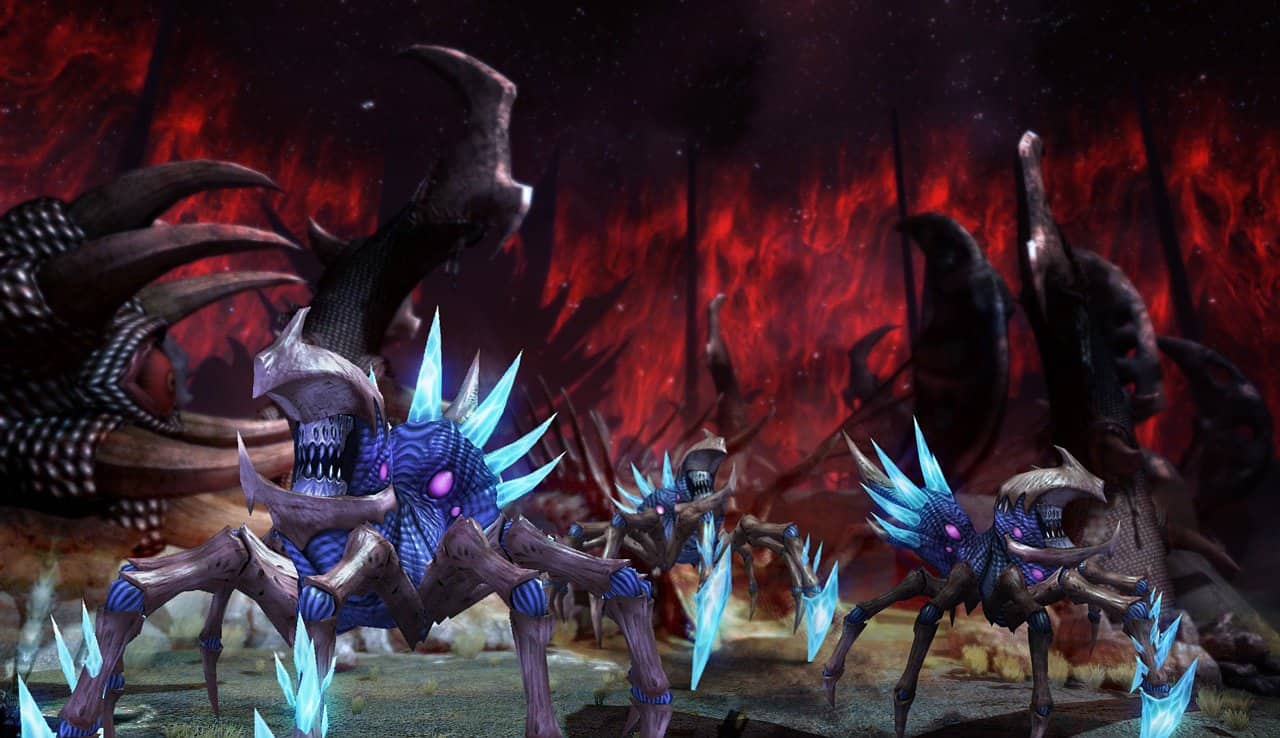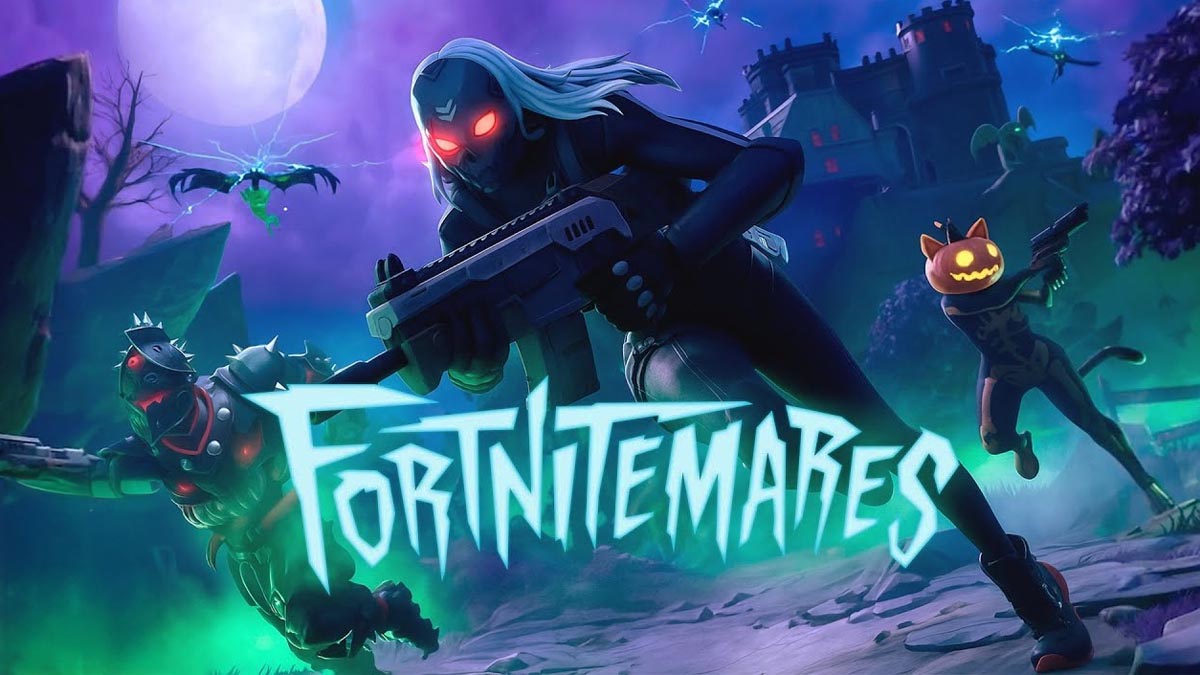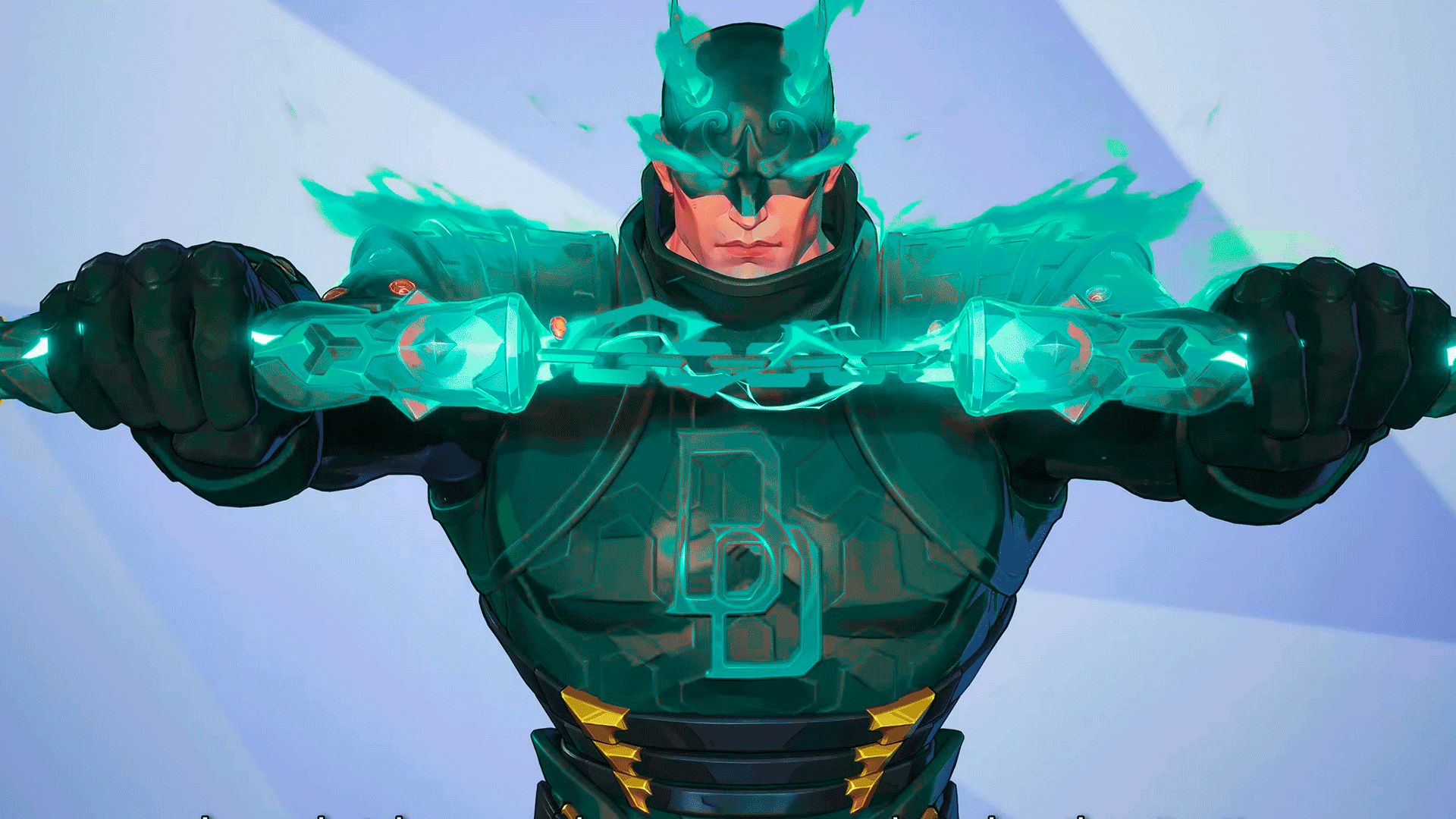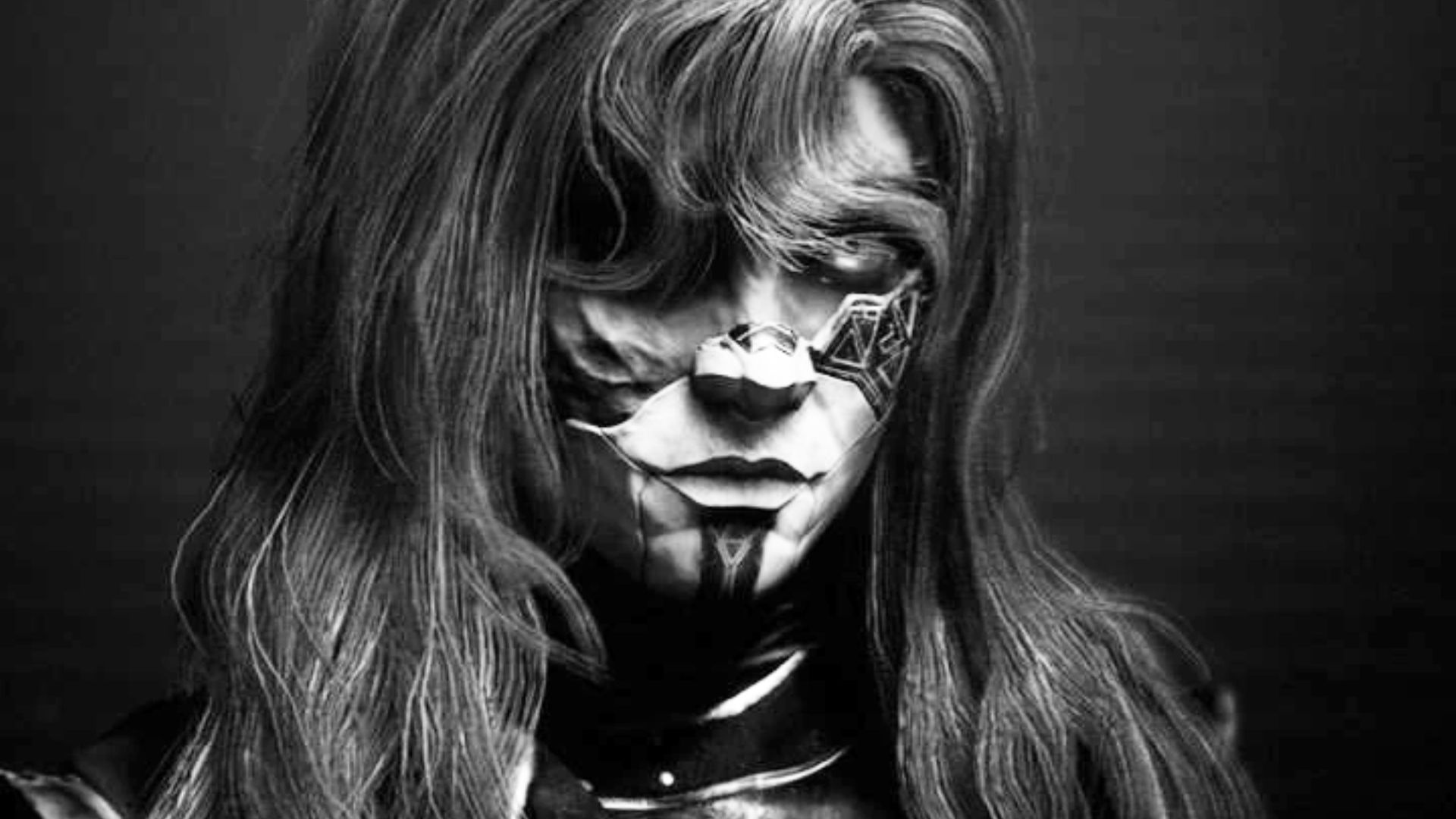You can trust VideoGamer. Our team of gaming experts spend hours testing and reviewing the latest games, to ensure you're reading the most comprehensive guide possible. Rest assured, all imagery and advice is unique and original. Check out how we test and review games here
Its the court case which could have far reaching implications when it comes to creative freedom, with both sides having valid claims to brandish and real concerns to be aired.
It all began when Marvel said that the City of Heroes ‘hero-creator’ tool allowed dead-ringers for their trademark comic book heroes to be created, pointing out that it was quite possible to create Hulk, Wolverine, and Spiderman clones in the game. It was easy to label Marvel a draconian big brother who just wanted to spoil everyone’s fun, yet some also grudingly admitted that they had a point, why even bother trademarking something if it can be recreated at will in an MMORPG? Surely this was just the start of a slippery slide, so Marvel filed against NCSoft without further delay.
However, a U.S district court judge in Los Angeles yesterday dismissed a number of Marvel’s claims, agreeing with NCSoft that they should be stricken as “false and sham”. This was supported by his observation that certain allegedly infringing works depicted in Marvel’s pleadings were created not by users, but by Marvel itself.
He also dismissed more than half of Marvel’s claims against NCSoft and Cryptic Studios, including Marvel’s claims that the defendants directly infringed Marvel’s registered trademarks and are liable for purported infringement of Marvel’s trademarks by City of Heroes’ users. In addition he dismissed calls for a ‘Judicial Declaration’, one which claimed that the defendants are not an online service provider under the Digital Millennium Copyright Act. All of these claims were dismissed without leave to amend, meaning that Marvel cannot refile such charges later.
Although certain grievances were allowed to stand, NCSoft and Cryptic Studios were predictably happy with the results and confident of coming out well in further judgements. The Court brought attention to a 1984 ruling in which it was determined that the sale of video casette recorders did not violate copyright law, and made the following statement; “It is uncontested that Defendants’ game has a substantial non-infringing use. Generally the sale of products with substantial non-infringing uses does not evoke liability for contributory copyright infringement”.
Claims that Stan Lee is waiting for the forthcoming ‘City of Villans’ expansion in which to create a terrifying foe to lay waste to Liberty City by way of revenge have, unfortunatly, yet to be substantiated.
City of Heroes
- Platform(s): PC
- Genre(s): Massively Multiplayer, Massively Multiplayer Online, RPG






